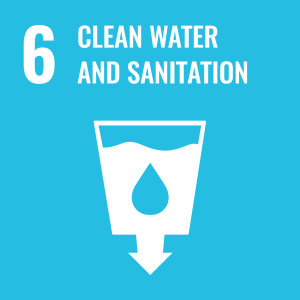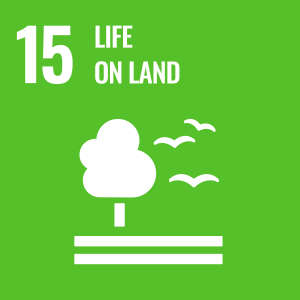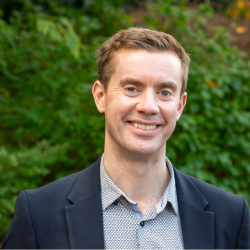Water sector must understand human behaviour to tackle looming shortfall
With a growing number of UK regions facing drought conditions, new research from the University of Surrey shows that helping households use less water means first understanding their everyday habits – and getting the public onboard attempts to change those habits.

A collaboration between Surrey academics and more than 100 professionals across the water sector has revealed a major knowledge gap: despite government targets to cut household demand, the sector still has many unanswered questions about how to change behaviour.
England is projected to face a daily shortfall of five billion litres of freshwater by 2055. The Environment Agency plans to meet 60% of that gap through demand reduction – but there’s growing recognition that achieving this will require more than just installing smart meters and fixing leaks.
Led by researchers at the University of Surrey’s Institute for Sustainability, the project brought together stakeholders from 60 organisations – including nine UK water companies, policy bodies, manufacturers and innovators. Through workshops, surveys and webinars, they identified 24 pressing questions the sector must answer before it can roll out effective strategies for reducing domestic water use.
The study highlights three priority areas for action:
- Partnering with behavioural scientists to understand how people make water-use decisions and what influences them.
- Improving knowledge sharing across the sector to accelerate learning and collaboration.
- Using smart sensors to better understand water usage behind-closed-doors - to unobtrusively gain accurate insight into domestic habits – such as toilet flushing and showering – which are difficult to measure via self-reporting.
The behaviours ranked most important to address were fixing in-home leaks, reducing shower length, and improving toilet flush habits. But the researchers stress that simply encouraging people to use less water won’t work without a solid understanding of the psychological and social factors that shape behaviour.
This White Paper presents a shared research agenda to help the sector make informed, evidence-based choices – integrating behaviour change with technological solutions to secure the UK’s water future.
Understanding how people use water in their daily lives is absolutely essential if we’re going to close the growing gap between supply and demand. Consumer culture has shifted dramatically over the past few decades, and our water systems simply haven’t kept pace.Nicci Russell, CEO of Waterwise, the UK’s leading independent voice on water efficiency
Research into behaviour helps us design smarter policies, technologies and communications that support people to use water more wisely. We can’t afford to ignore the human factor. Water efficiency isn’t just about infrastructure - it’s about people, choices, habits, and values. We must meet people where they are, and that starts with understanding what drives how we use water at home and at work.
[ENDS]
- Professor Benjamin Gardner is available for interview, please contact mediarelations@surrey.ac.uk to arrange.
- The full White Paper is available in PDF form.
- A link to the project website can be found here.
- Further details of the Institute for Sustainability’s Water Innovation and Sustainability programme can be found here.
Related sustainable development goals





Featured Academics
Media Contacts
External Communications and PR team
Phone: +44 (0)1483 684380 / 688914 / 684378
Email: mediarelations@surrey.ac.uk
Out of hours: +44 (0)7773 479911

